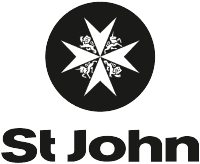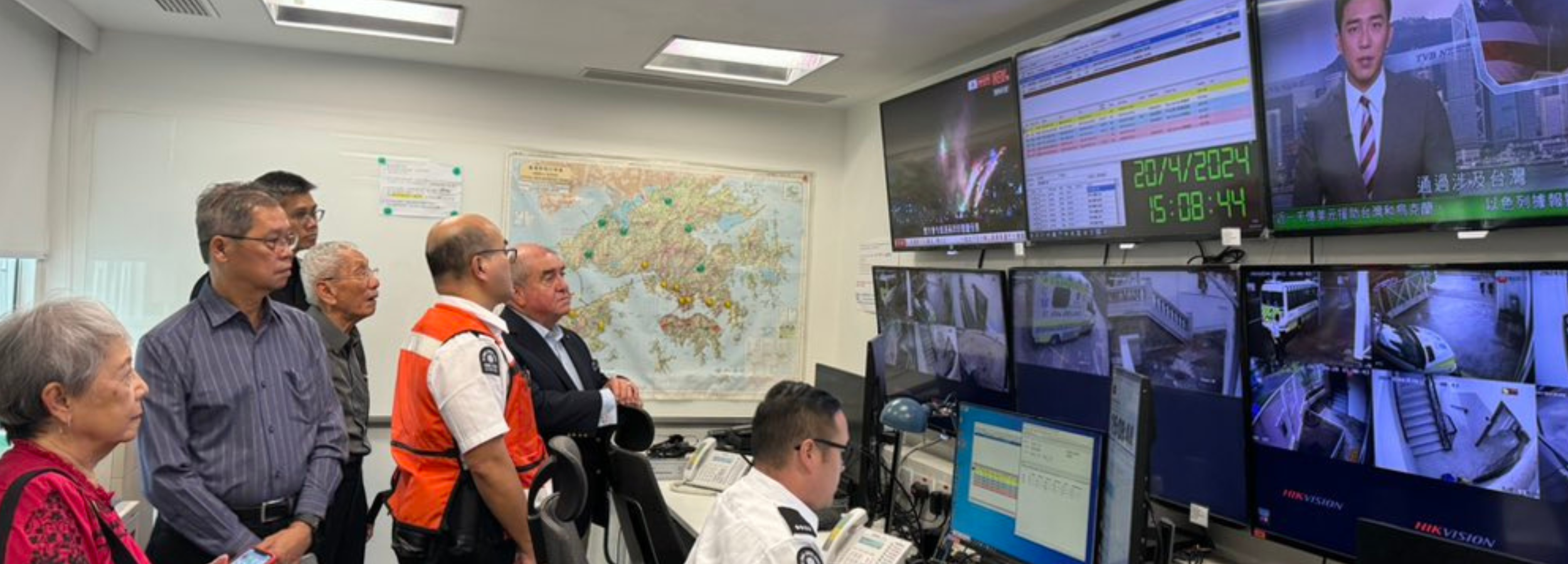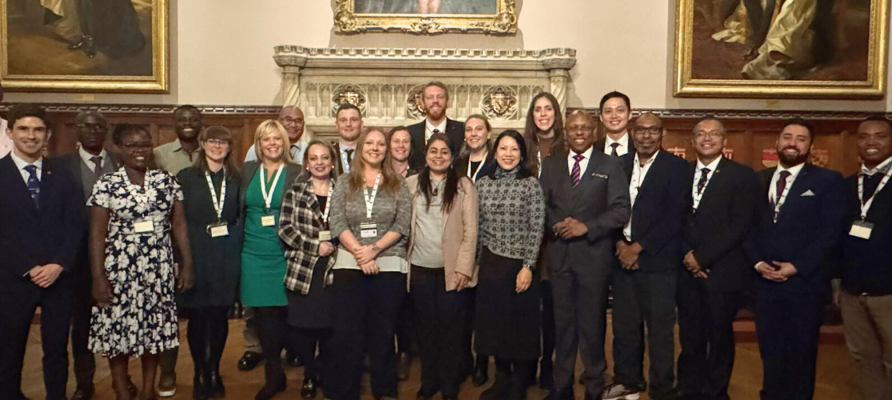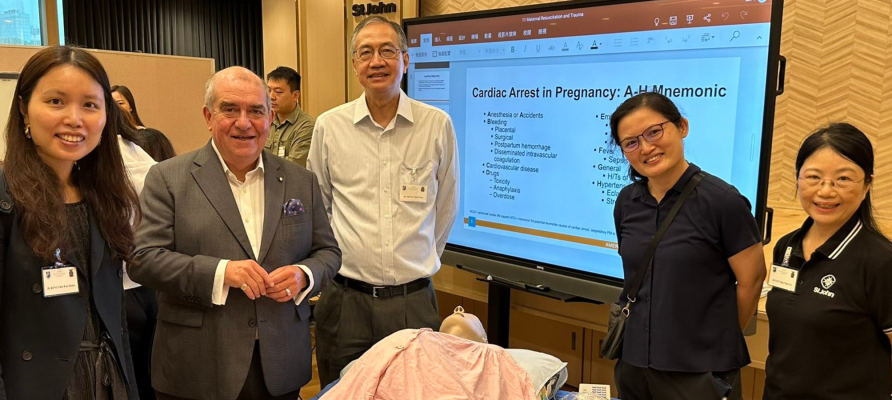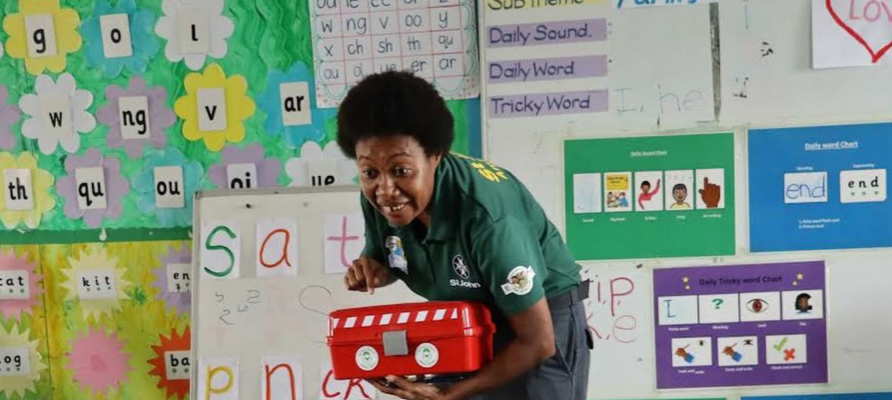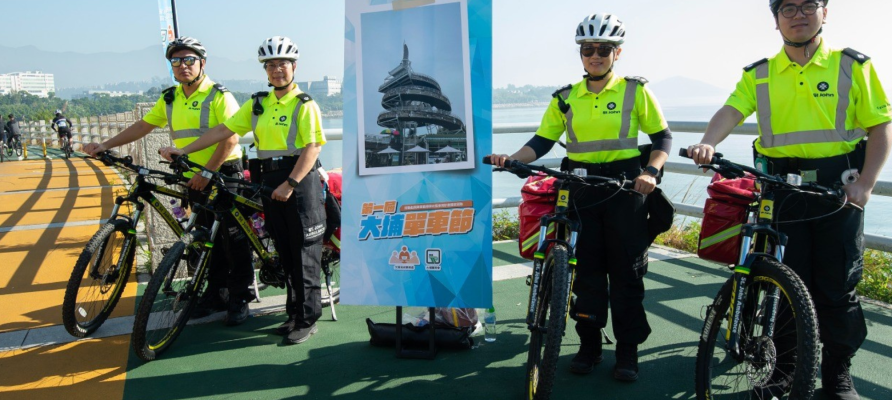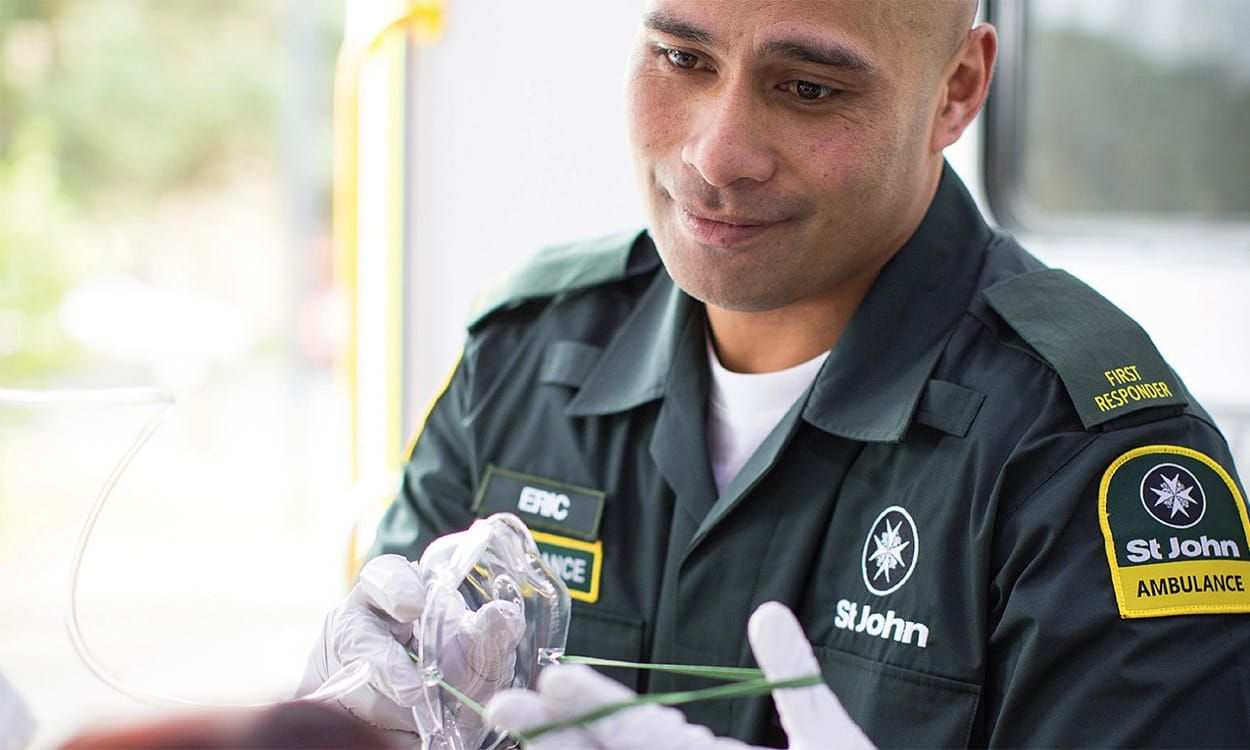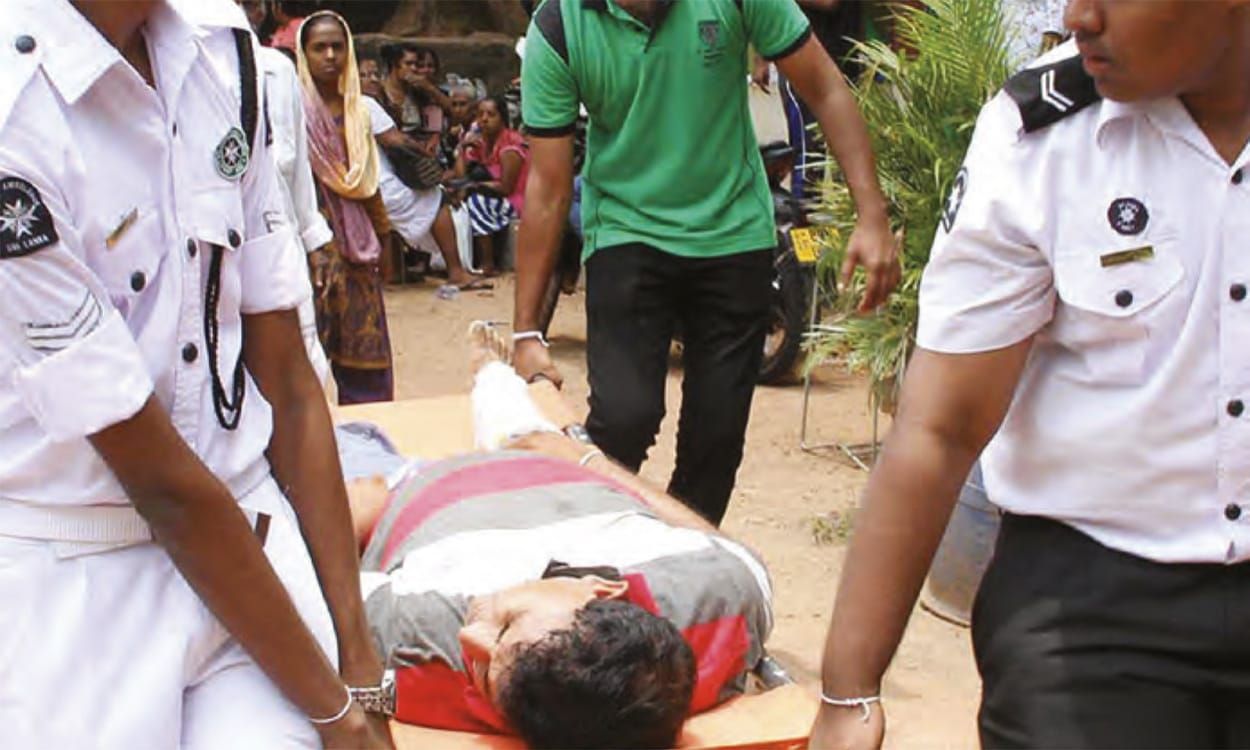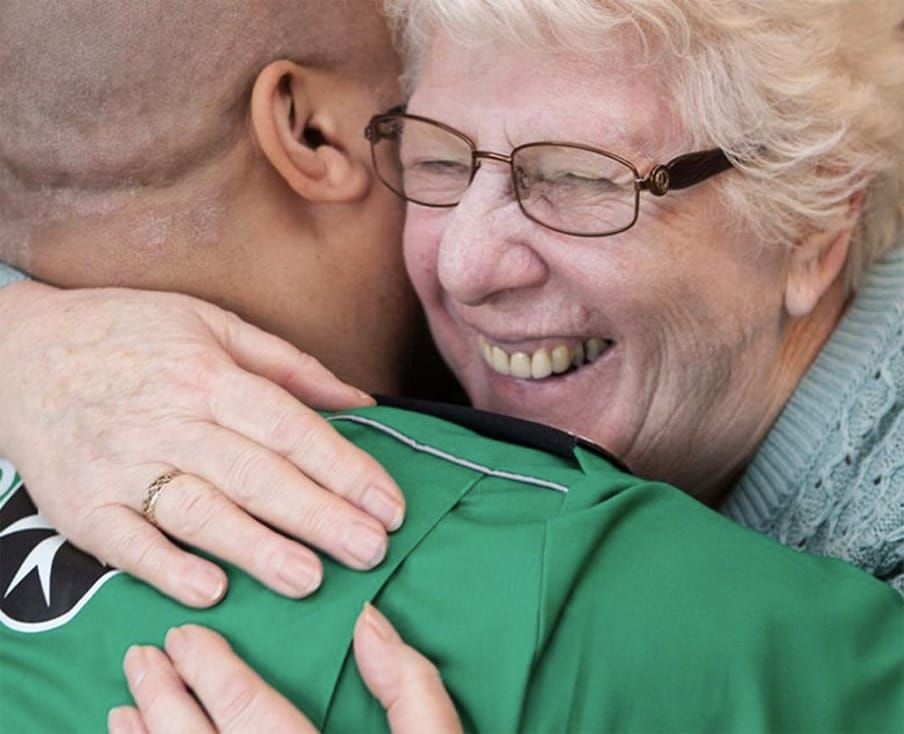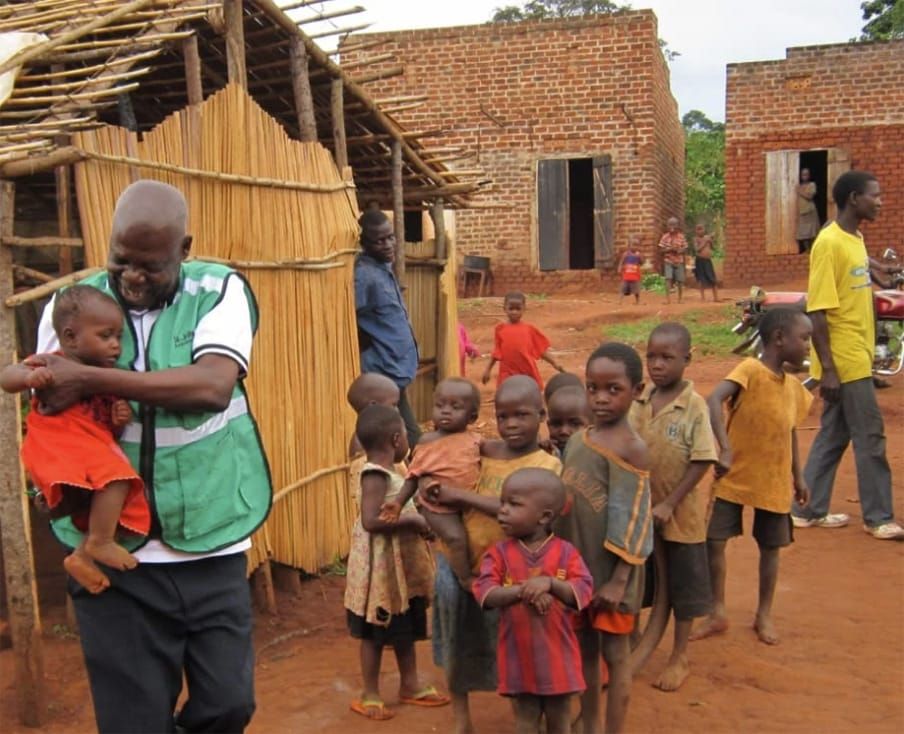What is the HAMA?
The Health and Management Assessment (HAMA) is a new global initiative for all St John Establishments. It is an annual questionnaire designed to provide the global Order with the data necessary to inform a global risk register.
- A new global initiative for all establishments within our #OneStJohn family
- An annual questionnaire that will provide the Order of St John with all the data necessary to inform our global risk register.
Why do we need the HAMA?
The Order has a responsibility to ensure that all activity being undertaken in its name is well run and does not pose a risk to its continuance or to the other Establishments operating under the same name and logo.
To assess the risk, the Order has a global risk register overseen by an Order Audit and Risk committee. The register identifies risks coming from 5 areas: Governance, Financial, Legal and Compliance, Operations, and the External Environment.
The HAMA is a questionnaire that will provide data about our global exposure to these risks.
Having this information will allow us to develop regional improvement programmes, providing support to improve the areas where it is needed most.
- The Order of St John has a responsibility to all of its people, to ensure that all activity being undertaken in our name does not pose a risk to either the continuance of the Order, OR to any of the Establishments operating under our same name and logo.
- To help us assess this risk, The Order of St John holds a global risk register which is overseen by our Audit and Risk Committee. This register identifies risks coming from five key areas:
- Governance
- Financial, Legal and Compliance
- Operations
- The External Environment
For more information about who sits on our Audit and Risk Committee, please see our Annual Report.
- By filling in the HAMA questionnaire, you will allow us to develop regional improvement programmes, ensuring that support is provided (and prioritised) to improve the areas that need it most.
How will the information be used?
Information will be collected annually, and will be securely stored with SJI. The feedback will be analysed and reviewed the Audit and Risk committee. The reports will focus on 2 main areas: 1) Any severe risks in individual Establishments, and 2) Widespread, but less severe risks.
Severe risks in individual Establishments will be bought initially to the attention of SJI who will contact the Establishment to discuss. Some instances will also be referred to the TEC.
Widespread risks will be bought to the attention of TEC and regional leadership, who will use it to fuel collaborative discussion about how we can improve. From this, we expect to see regional projects proposed that help to improve St John organisations across the region.
The questions that can be asked on the HAMA are strictly limited to informing the global risk register. This keeps the requirement to the absolute minimum, and prevents SJI from asking questions that might seem useful but instead create a large administrative burden. No new questions can be allowed unless the risk register changes due to changing contexts. Every question is directly linked to a clear risk issue.
- We will ask you to fill in the HAMA on an annual basis, and store your data securely within the St John International Office.
- The feedback will be analysed and reviewed by the Audit and Risk Committee who will focus on two main areas:
- Any severe risks in individual Establishments?
Any severe risks identified in individual Establishments will initially be brought to the attention of the St John International Office, who will contact the Establishment to discuss. Some instances will also be referred to the TEC. - Any widespread, but less severe risks?
Widespread risks will be brought to the attention of both TEC and the Regional Leadership, who will use the data to fuel collaborative discussion on how we can improve. From this, we would expect to see regional projects proposed that help to improve St John Establishments across the region.
- Any severe risks in individual Establishments?
- It is important to remember that it has been agreed that the questions that can be asked on the HAMA are strictly limited to informing the global risk register. This not only keeps the requirement to the absolute minimum, but it also prevents St John International Office from asking questions that might seem useful, but instead create a large administrative burden. No new questions can be allowed unless the risk register changes due to a change in context. Every question asked has a direct link to a clear risk issue.
How is this different from the Measurement Exercise?
The measurement exercise has been reconfigured to focus on the activity, people and impact of St John organisations. It is no longer asking about policies, risk or audits. That information is used to inform our global profile, communications and to increase sharing.
- This is a great question! Yes; we have shifted the Measurement Exercise to focus on the activity, people and impact of each St John Establishment. We use the data captured in the Measurement Exercise to inform our global profile, our communications and to increase the sharing of best practice.
All questions relating to policies, risk and/audits can now be answered by our HAMA.
Is it a requirement?
TEC have agreed that responding to the HAMA on time is an obligation for those organisations that use the name and logo of St John.
However, 2 things to note:
- This is not to impose particular styles of management: Provided activity is not creating risk, Establishments will remain free to act as they see fit in their environment
- There is no “pass mark”. Indeed, it is assuredly preferred to point out if things are not in place in order that support can be provided in the future.
- Yes, TEC have agreed that completing the HAMA on time is an obligation for any organisation which use the St John name and logo.This is not to impose a particular style of management, nor is there a “pass mark”. Provided that activity is not creating risk, Establishments will still be able to run their services as they see best fits the needs of their communities. If policies and procedures are not in place, it is assuredly preferred for this to be known, so that the right support can be provided in the future.
What help will be available to complete it?
If you are struggling to complete the HAMA, then help will be available to advise and assist you. A dedicated member of the SJI team will be available to you for any questions you may have. Feel free to also ask your peers in other St John organisations.
- If you have any challenges completing the HAMA, a dedicated member of the team at St John International is on hand to answer any questions you might have. We also encourage you to ask and give support to other Establishments in your Region; our risk register only offers us all an understanding of our shared risk when we work together.
What information will I need?
To complete the HAMA you should be either the CEO or equivalent, or a senior member of the council. The HAMA focuses mostly on your governance procedures and policies. You will need council meeting minutes and potentially senior staff support. You should have a copy of all main organisational policies and procedures. You will need access to your last financial audit and the financial statements.
The submission of the HAMA is to be considered as an agreed submission by the St John Council – so it may be necessary that all answers are reviewed and agreed upon in a council meeting.
We expect the HAMA to be completed by one of the following in your St John Establishment:
- CEO or equivalent
- A senior member of your CouncilTo complete the HAMA you will need:
- Your governance procedures and policies
- This should include a copy of all of your main organisational policies and procedures
- Your Council Meeting minutes
- Your last financial audit and financial statements.
When you submit your HAMA response, we will consider this to be an agreed submission by your St John Council. You may wish to discuss, review, and agree to your response first in a council meeting.
